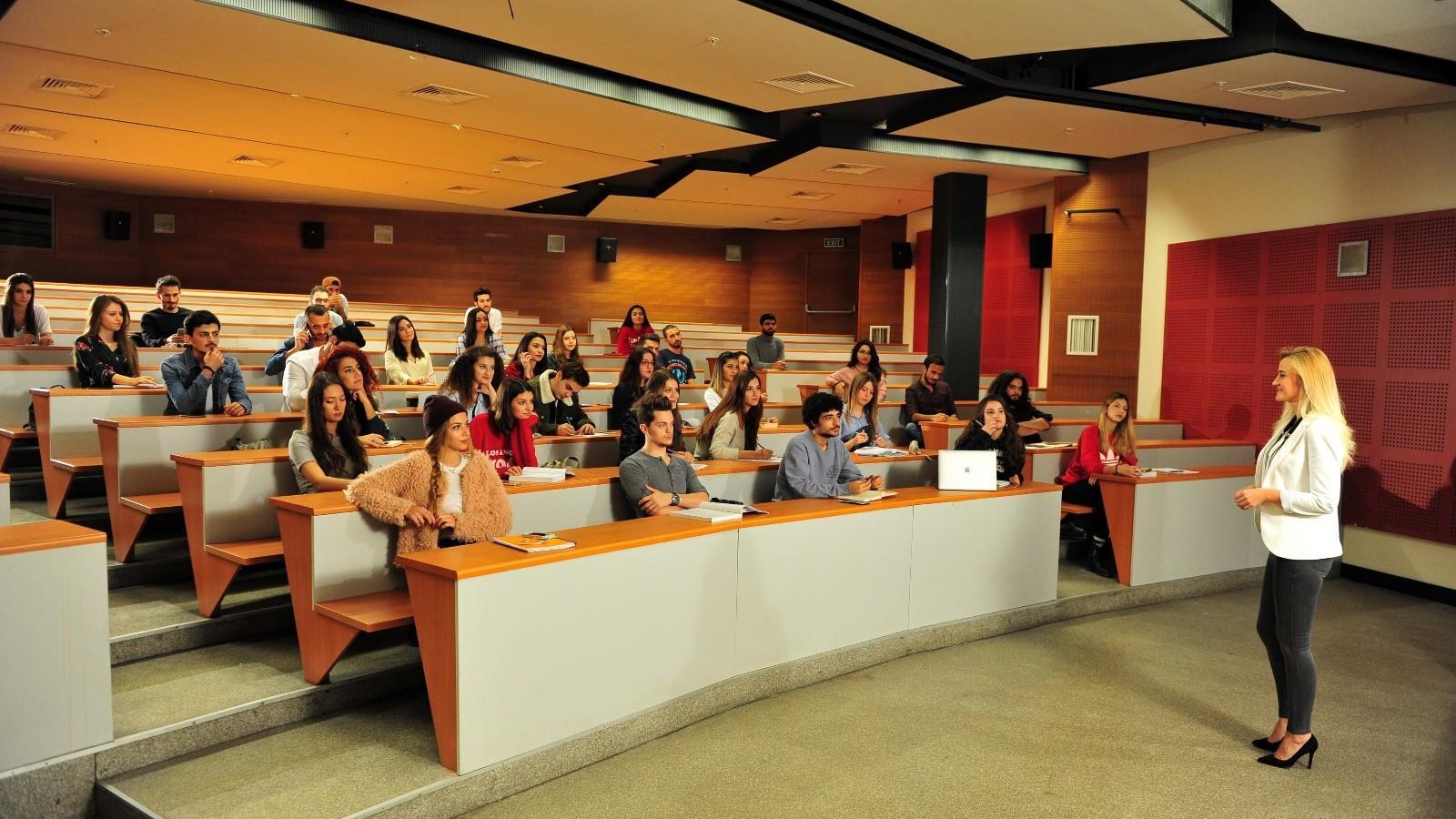
Academics are increasingly manipulating their citation counts, as highlighted by research published in the British weekly scientific journal Nature, with this practice primarily involving “citation exchanges” within the country.
Citations play a significant role in the country’s associate professor qualification standards, which require academics to accumulate a minimum of five points. This emphasis has led to commercial activities, as the content of the citation is often overlooked, Associate Professor Zehra Taşkın from Hacettepe University said.
“We know that such actions have been executed in various ways in Türkiye,” Taşkın said. “Individuals who are acquainted or maintain professional relationships with one another reference one another's writings, thus reaching the required number of academic citation points,” she added, highlighting that such arrangements are centered on promotion rather than profit in the majority of cases.
As academics are required to read an increasing number of publications because of the misconception that a work with more citations is more successful, they began to cite works without even reading the pieces, she said. She further recalled a study that revealed that researchers only reviewed 20 percent of the citations they included in their papers.
“Nonetheless, the higher education system encourages individuals to tamper with or manipulate citation counts since it promotes the notion that having ‘high citation counts are good, while low citation counts are bad.’ Stated otherwise, the citation's text is not even considered.”
Noting that this resulted in a “citation mob” prevailing in the country’s academic community, she pointed out that this even applies to editors of some journals where such articles are published.
“Editors have the authority to require that all articles include citations to both the journal and themselves as a requirement for publication. In this way, academics continue to get incentive payments as a result, and the journal's impact rises alike.”
Taşkın also drew attention to the fact that there is no legal restriction for such commercial activities in the academic community, stating, “It is very simple to cover them, particularly if the articles are connected in some way to the topic of the reference.”
Noting that articles with manipulated citation works might misguide the public due to such commercial activities in the academic community, Taşkın urged relevant officials to thoroughly investigate the ongoing issue.